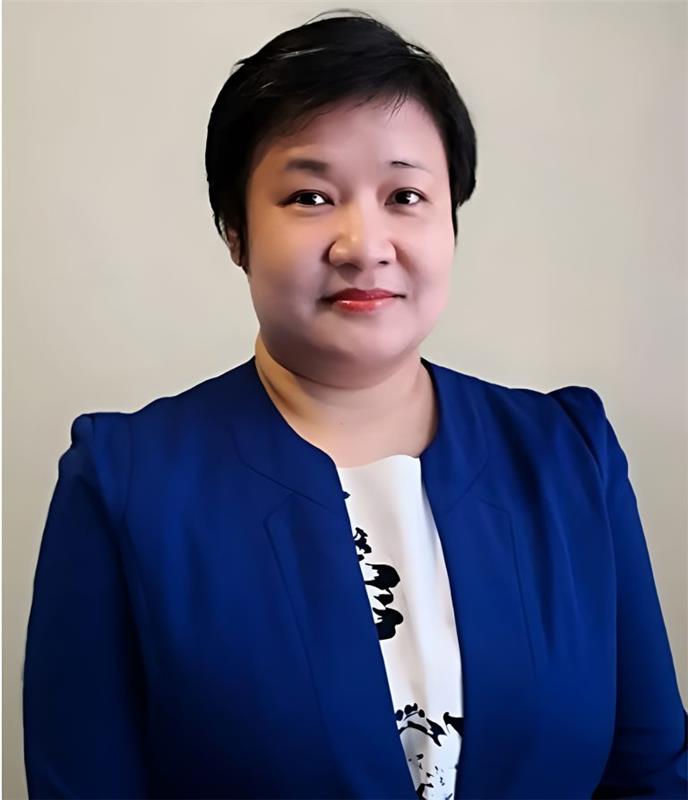Artificial Intelligence (AI) has moved from being a distant concept to a constant presence in daily life. It is embedded in the way people work, shop, and increasingly, in how education is delivered.
Nowhere is the debate more pressing than in classrooms, where questions about its value and risks are being raised across the world. Is AI truly necessary? Can its use be controlled? Are students relying on it for the wrong reasons?
At INTI International University, these questions were addressed by Professor Ir. Dr Leong Wai Yie, a senior lecturer at the Faculty of Engineering and Quantity Surveying. Together with her research partner, J.B. Zhang, she co-authored Ethical Design of AI for Learning Systems, a paper that examined how education could benefit from AI while navigating the ethical concerns associated with it.

The Guardian reported earlier this year that thousands of UK university students had used AI to cheat, raising fresh concerns about its misuse in education
Professor Leong did not dismiss the opportunities AI offered. “AI technologies hold the potential to revolutionise personalised learning, assistive technologies, and administrative efficiency,” she said. From tailoring lessons to meet the unique pace of each student, to providing support for those with disabilities, to easing the administrative burden on teachers, she noted that AI could transform the way education was delivered.
Yet she warned that these gains came with risks that must not be overlooked. “Alongside these benefits come significant ethical concerns,” she said. The challenges are diverse: student data privacy, reduced personal interaction between teachers and learners, unequal access that exacerbates existing disparities, and algorithmic biases that could harm students.
The study argues that education systems cannot treat AI as just another tool. Its design and application must be grounded in ethics. Transparency, privacy, fairness, accountability, and inclusivity are placed at the centre of this discussion.
“Transparency is vital to maintaining trust among stakeholders. AI tools should openly disclose their data sources, algorithms, and decision-making processes,” Professor Leong explained. She stressed that protecting sensitive information, whether it belonged to students or teachers, was crucial.
Inclusivity is also important. “AI should be designed to support all learners, including marginalised groups and students with disabilities,” she said. At the same time, she pointed out the essential role of educators. Rather than replacing teachers, AI had to assist them, ensuring that technology enhanced, not diminished, human connection in the classroom.
Their research outlined a series of measures to make this possible. Datasets used to train AI needed to be diverse to reduce bias. Institutions were encouraged to adopt robust privacy policies and comply with international frameworks such as the GDPR. Teachers needed training to work effectively with AI tools, while hybrid learning models that balanced digital support with face-to-face interaction could offer the most sustainable approach.
No single stakeholder can solve these challenges alone. Professor Leong emphasised the need for developers, educators, students, and policymakers to work together. “The ethical design of AI is not a one-time effort but requires continuous monitoring, feedback, and improvements,” she noted. Responsible use, she added, demanded vigilance as much as it did innovation.

Professor Ir. Dr Leong Wai Yie says that focusing on transparency, accountability, privacy, and inclusivity enables AI to support equitable and student-centred learning.
The urgency of the issue is clear. Earlier this year, The Guardian reported that thousands of UK university students had used AI to cheat, raising concerns about the misuse of technology in higher education. Such incidents demonstrated the need for institutions to act promptly in establishing standards.
The debate over AI in education is unlikely to slow down. With misuse already surfacing in universities worldwide, the need for responsible use is urgent. Professor Leong’s research offers a framework that keeps students and teachers at the centre. By grounding AI in ethics, institutions can leverage its strengths while maintaining trust and fostering human connection in education.